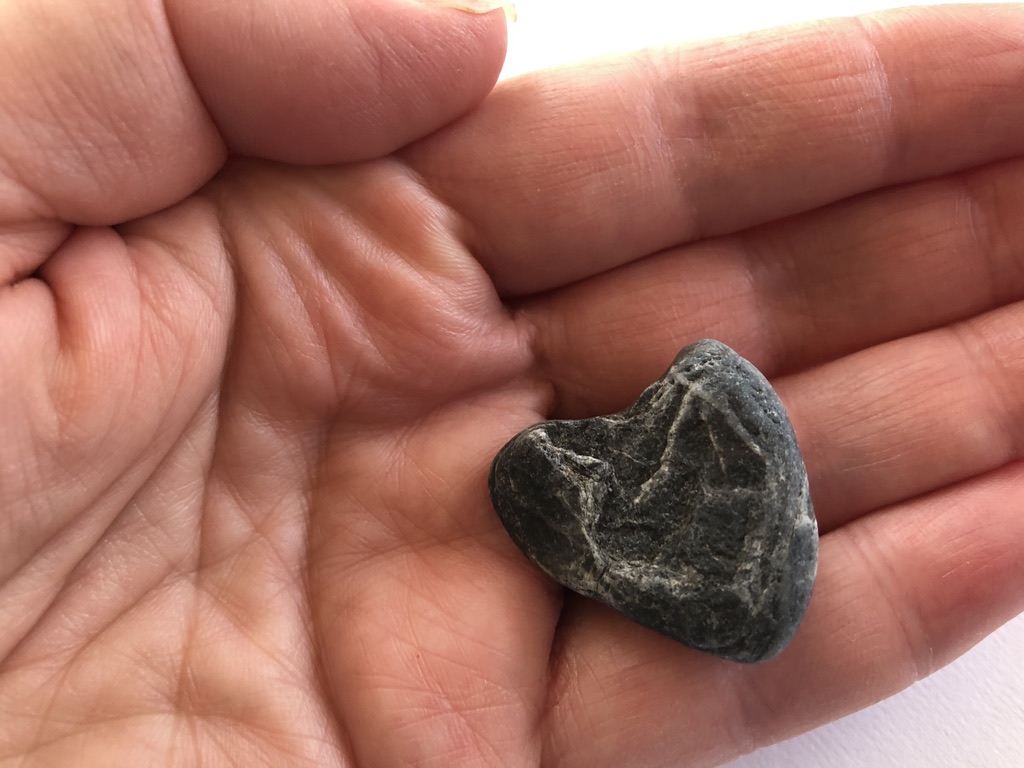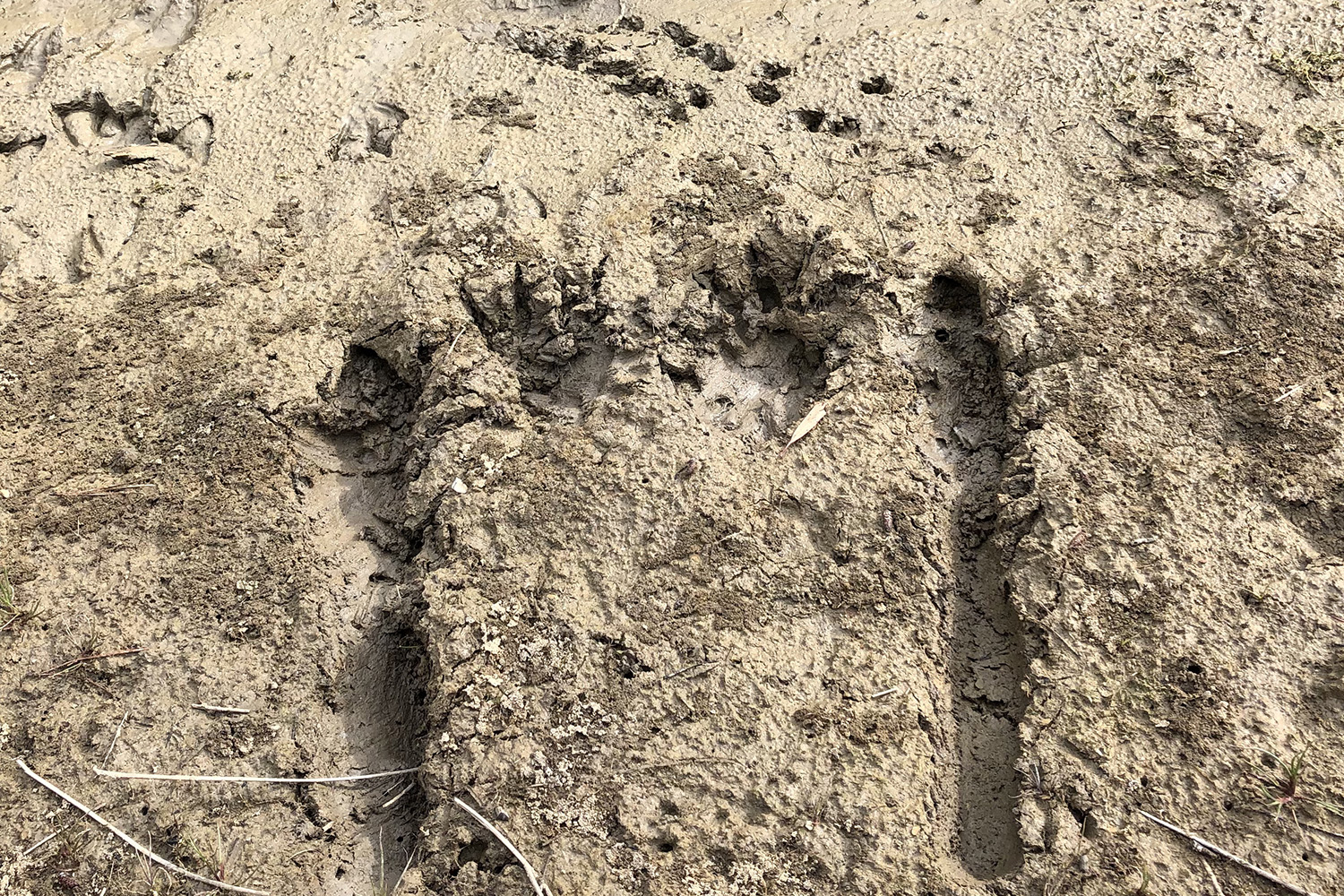One of the ‘why’s’ of Two Green Threads is around creating a safe space that can stimulate the expression of what the intertwined heart, mind and spirit experience on the journey of rescue, raise, rehabilitate and release of wildlife. As a disparate national community in the wildlife care sector, we rarely have time to enter conversations that give voice to what we are experiencing, and air to how we are feeling. The stuff that gives us a common language to talk.
I guess one way to start these conversations is to be vulnerable and put something out there. If you haven’t already read ‘Letters between carers in fires’ we encourage you to do so here.
For me, it started in the millennium drought where I first noticed how the brown of the landscape and the lack of rain fed into my moods and confidence of the world. It’s happened again over the last few years, and is even more heightened in summer. Recent events, with bushfires on top of drought, I feel a constant internal crescendo of fear and sadness.
Our sense of hope for the future of our natural environment is fed by the statistics and news articles about our climate changing, plastics killing marine wildlife, bats – the pollinators of the forest-being wiped out by the thousands, wildlife dying from droughts and fires, we are bombarded by so many images of our native fauna in stress and trouble.
I’d like a way to try to ease this underlying daily churn of anxiousness about the future life of the wildlife I am about to release, or the ones I saw out there yesterday, but are nowhere to be seen today. Surely as wildlife rescuers, responders and carers we can be affected?
We need to develop a level of self-awareness. Naming what we are thinking and feeling. It’s a start.
The sharing of feelings and naming of thoughts gives me a sense of what I am experiencing – something with a boundary and definition, and not just a black mush of jumbled feelings.
The first term I came across was Solastalgia, coined by the Australian philosopher Glenn Albrecht from a mix of the words ‘solace’ and ‘nostalgia’. It describes the feeling of distress associated with environmental change close to your home… for example, changes to the landscape that come from drought, bushfires, climate change and urbanisation. 1
Solastalgia
The feeling of distress associated with environmental change close to your home.
In exploring Solastalgia I came across the term ‘Ecological Grief’:
Ecological grief
Felt in relation to experienced or anticipated ecological losses, including the loss of species, ecosystems, and meaningful landscapes due to acute or chronic environmental change.
So to put ‘solastalgia’ and ‘ecological grief’ together – we get distressed and we grieve.
“Although grief is well understood in relation to human losses, ‘to grieve’ is rarely considered something that we do in relation to losses in the natural world… Foremost, people grieve for lost landscapes, ecosystems, species, or places that carry personal or collective meaning.” 2
Speaking with a friend on the topic of ecological grief, she captured it in a more relatable way ‘We can build a new house but that land has never burned, the bushland community I’ve been part of for fifty years will vanish, and without it I’m not the same person.’
Writers about ecological grief suggest “those hardest hit by environmental grief would be the natural scientists and conservationists at the front lines.” 3 I feel it is important to add in wildlife rehabilitation and carers, for we are engaging with the front line of nature through fauna and their habitat.
Ecological grief doesn’t have to be about submitting to despairing and disengaging from what is happening around us.
Researchers say that “Just as grief over the loss of a loved person puts into perspective what matters in our lives, collective experiences of ecological grief may coalesce into a strengthened sense of love and commitment to the places, ecosystems and species that inspire, nurture and sustain us. There is much grief work to be done, and much of it will be hard.” 4

Well for me, I got a tiny sense of comfort straight away by being able to name what I was feeling. It’s given me a language to be able to raise the conversation with others, to explore whether they feel it too, and how they describe it. I feel this is even more important in light of the devasting fires burning across NSW and Queensland, as so many people are feeling anxious, scared and sad, and are grappling to understand the scale of their reaction.
“There’s a chain of productivity that potentially starts with recognizing what environmental and ecological grief is and recognizing it in yourself, and using that to move forward in ways that are healthy for us as individuals.” 5
I find these insights so much better than the five stages of grief thing of which I am not a fan. Grief is messy. Grief is not linear. So some days I find “great hope in the responses ecological grief is likely to invoke”.6 Other days I carry a backpack of despair. I will try, on the days I am hopeful, to lift someone else, and with a strong community, others will help me on the days when its harder to see there is hope. I don’t have a three step plan or a map of the journey. Here at Two Green threads we are interested in “finding ways to support one another, encourage action, and create healthy communities”. 7 So let us start by naming our churn – grab a cuppa with a friend ☕️ and go have a conversation that matters.
“We practise micro courage to continue the work that can sometimes feel overwhelming. We see the big picture in a small frame.”

References:
1, 4, 6 N.Ellis and A.Cunsolo Apr 05 2018 ‘Hope and Mourning in the Anthropocene: Understanding ecological grief’
2, 5 G.Kenyon 02 Nov 2015 “Ever feel unease that the natural environment around you is changing for the worse? There’s a word for that.” Found at BBC online at https://www.bbc.com/future/article/20151030-have-you-ever-felt-solastalgia
3 J.Rosenfield 21 Jul 2016 found at https://www.scientificamerican.com/article/facing-down-environmental-grief/
7 M.Cavanagh Jan 10 2019 https://www.nationalobserver.com/2019/01/10/opinion/its-time-talk-about-ecological-grief

1 Comment on "Naming the Churn – I settled on ‘ecological grief’"
Coralie Letica
December 20, 2019Such a wonderful summing up.